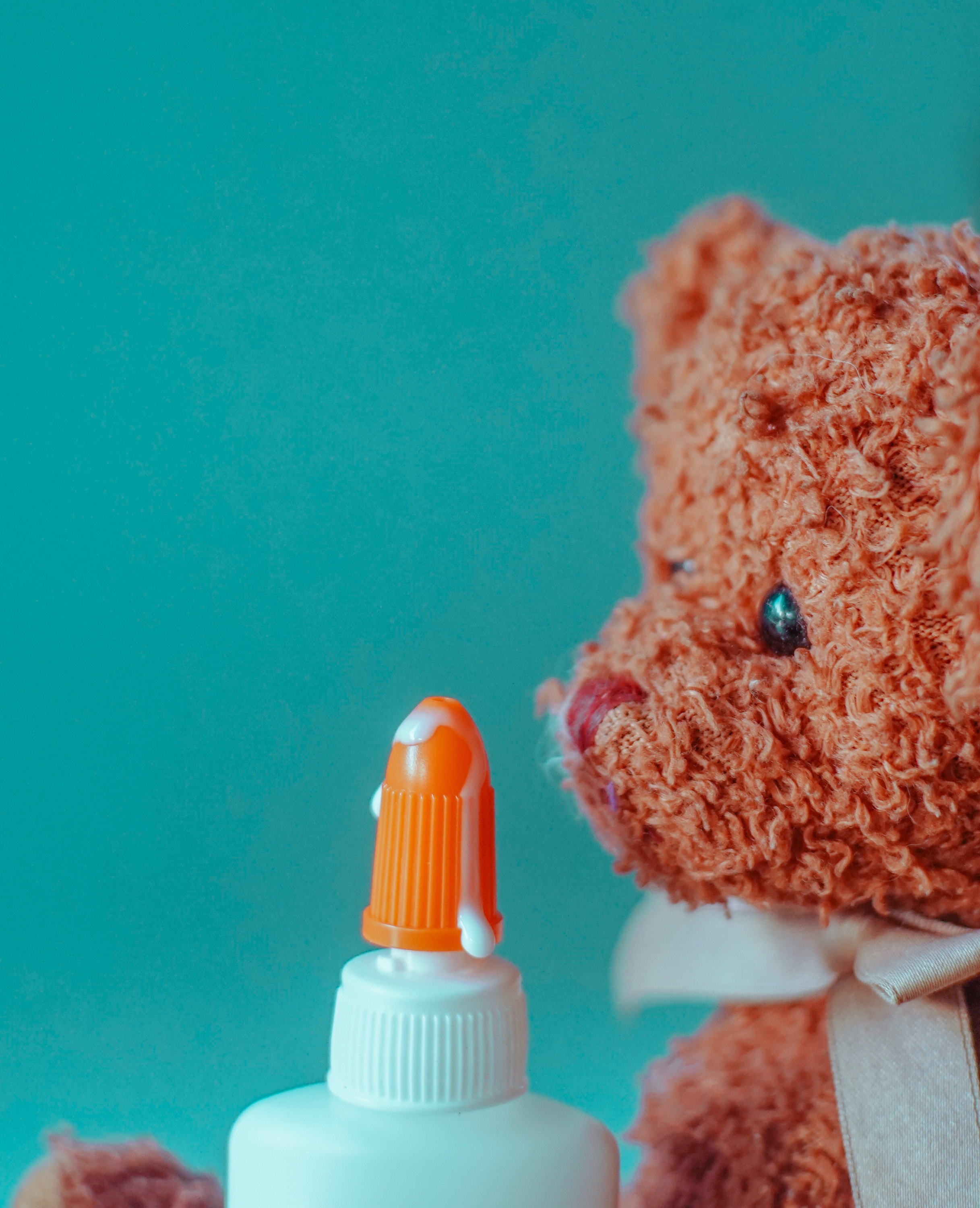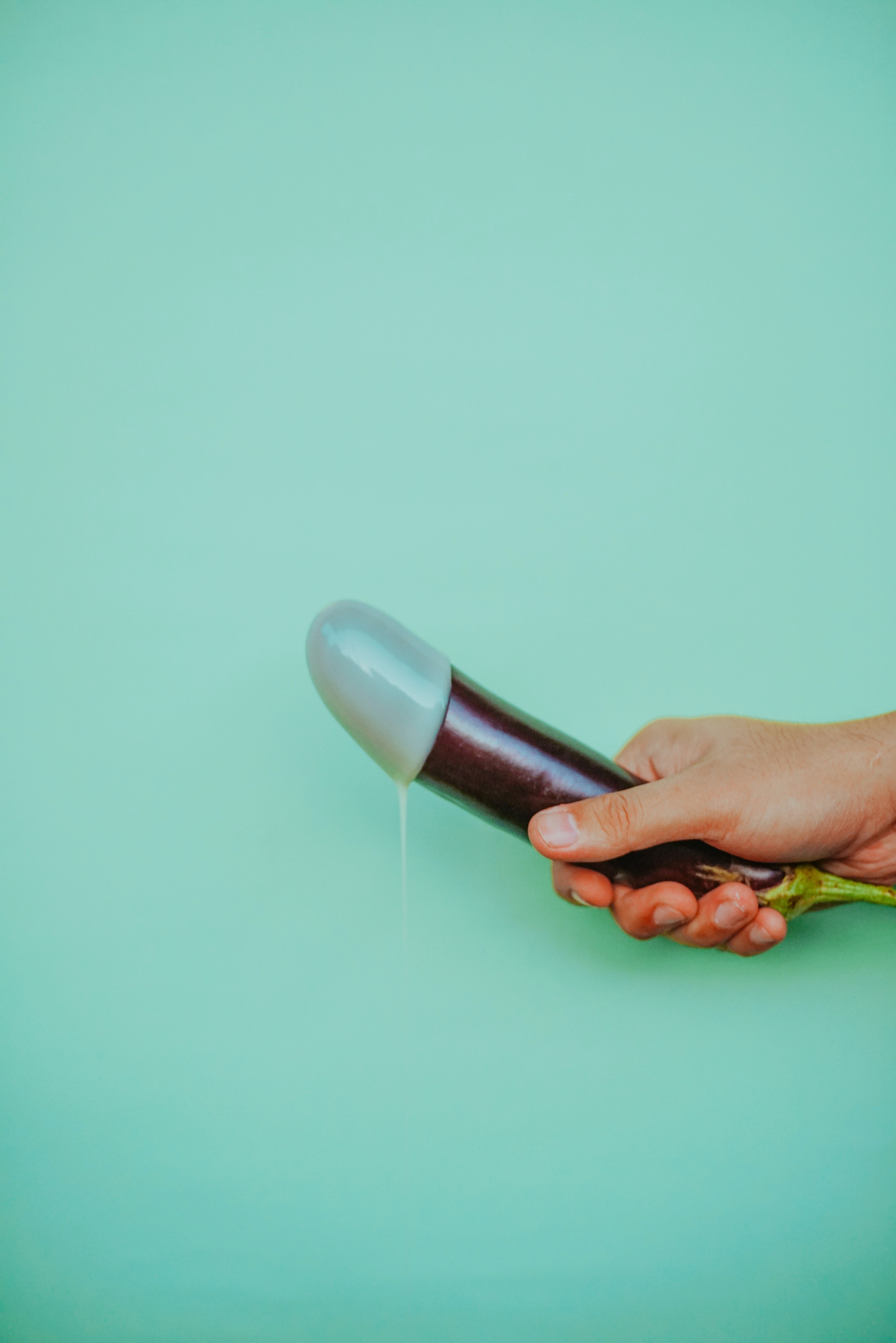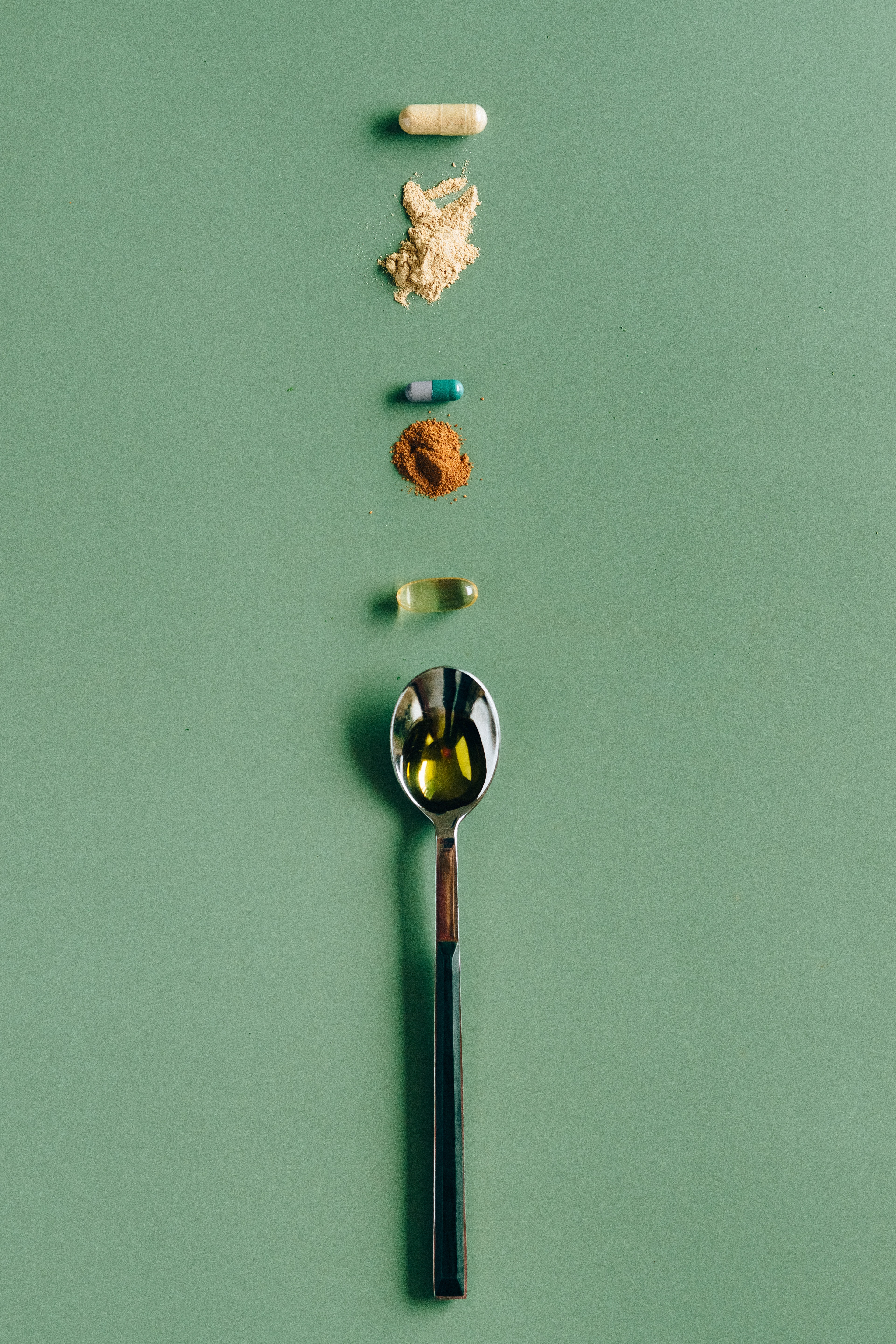Masturbation is a natural and healthy sexual activity that is common among both men and women. It's a topic that often sparks curiosity and discussions about its potential effects on various aspects of health, including testosterone levels. In this article, we will explore the relationship between masturbation and testosterone levels, addressing common questions and misconceptions surrounding the topic.
Can Low Testosterone Levels Affect Health?
Before delving into the effects of masturbation on testosterone levels, it's important to understand the significance of testosterone in the body. Testosterone is a hormone that plays a crucial role in the development of male sexual characteristics and influences various aspects of health in both men and women. Low testosterone levels can lead to a range of symptoms and health concerns, such as decreased libido, fatigue, muscle loss, mood changes, and reduced bone density.
Maintaining healthy testosterone levels is important for overall well-being and sexual function. While testosterone naturally declines with age, abnormally low levels can have a significant impact on quality of life. It's important to recognize the signs of low testosterone and seek appropriate medical advice if you suspect you have low levels.
What are the signs of low testosterone?
Recognizing the signs of low testosterone can help individuals identify potential imbalances and seek appropriate medical advice. Common signs of low testosterone levels may include:
- Reduced sex drive or libido
- Erectile dysfunction, or difficulty achieving and maintaining erections
- Fatigue and decreased energy levels
- Decreased muscle mass and strength
- Increased body fat and difficulty losing weight
- Mood changes, such as irritability or depression
- Loss of bone density and increased risk of osteoporosis

If you experience any of these symptoms and suspect you have low testosterone levels, it's important to consult with a healthcare professional for proper evaluation and diagnosis. They can perform a testosterone level test to determine if your levels are within a healthy range.
Why Do Testosterone Levels Drop?
Testosterone levels naturally decline with age. Research indicates that testosterone production tends to peak during adolescence and early adulthood and gradually decreases by about 1% per year after the age of 30. However, various factors can contribute to a more significant decline in testosterone levels, including:
- Chronic illness or medical conditions, such as diabetes or obesity
- Hormonal disorders or abnormalities in the endocrine system
- Certain medications or treatments, such as chemotherapy or corticosteroids
- Testicular injury or damage
- Stress, poor sleep, and unhealthy lifestyle habits
- Genetic factors and individual variations

Understanding the potential causes of low testosterone levels can help individuals make informed decisions about their health and seek appropriate interventions.
Does Masturbation or Sex Reduce Testosterone Levels?
There is a common misconception that engaging in sexual activity, including masturbation, can lead to a decrease in testosterone levels. However, scientific evidence does not support this claim. Research suggests that there is no significant or long-term impact of masturbation or sexual activity on testosterone levels in both men and women.
One study published in the Journal of Sexual Medicine examined the effects of sexual arousal and orgasm on testosterone levels in men and found that there was no significant change in testosterone levels immediately after sexual activity. Another study published in the Archives of Sexual Behavior concluded that masturbation does not have a negative impact on testosterone levels.
It's important to note that testosterone levels can fluctuate throughout the day, and individual variations exist. However, these fluctuations are not influenced by sexual activity and do not have a lasting effect on overall testosterone levels.
Can Masturbation Increase Testosterone, Libido & Sex Drive?
While masturbation does not directly affect testosterone levels, it can have positive effects on libido and sexual drive. Sexual stimulation, whether through masturbation or sexual activity with a partner, can increase blood flow and arousal, leading to enhanced sexual desire. Regular sexual activity can also contribute to a healthy sexual response and a positive attitude towards sex.
Moreover, engaging in sexual activity, including masturbation, can provide stress relief and a sense of well-being. These factors can indirectly influence sexual desire and overall sexual satisfaction.
Supplements to Increase Testosterone Levels
If you're concerned about low testosterone levels or wish to optimize your hormone balance, various supplements are marketed as testosterone boosters. However, it's essential to approach these supplements with caution and consult with a healthcare professional before use.
Some commonly marketed testosterone-boosting supplements include:
- D-Aspartic Acid: It may help stimulate the release of luteinizing hormone, which can support testosterone production.
- Tribulus Terrestris: It is believed to enhance testosterone production and improve libido.
- Zinc: An essential mineral involved in testosterone synthesis. Adequate zinc levels are crucial for healthy testosterone production.

However, it's important to note that the effectiveness of these supplements can vary, and some may have limited scientific evidence supporting their claims. It's advisable to consult with a healthcare professional to determine the appropriateness and safety of any supplements, especially if you have underlying health conditions or are taking medications.
Conclusion
In conclusion, there is no direct evidence to suggest that masturbation has a significant impact on testosterone levels. Testosterone decline is a natural part of ageing, and factors such as chronic illness, hormonal disorders, and lifestyle choices can contribute to imbalances. If you have concerns about your testosterone levels, it's crucial to consult with a healthcare professional who can provide appropriate evaluation, diagnosis, and guidance. Remember, maintaining overall health through a balanced lifestyle, regular physical activity, adequate sleep, and a nutritious diet is essential for optimizing hormone levels and overall well-being.







Share:
Dhat syndrome? What's that? | Kindly Health
How does depression affect your libido? | Kindly Health